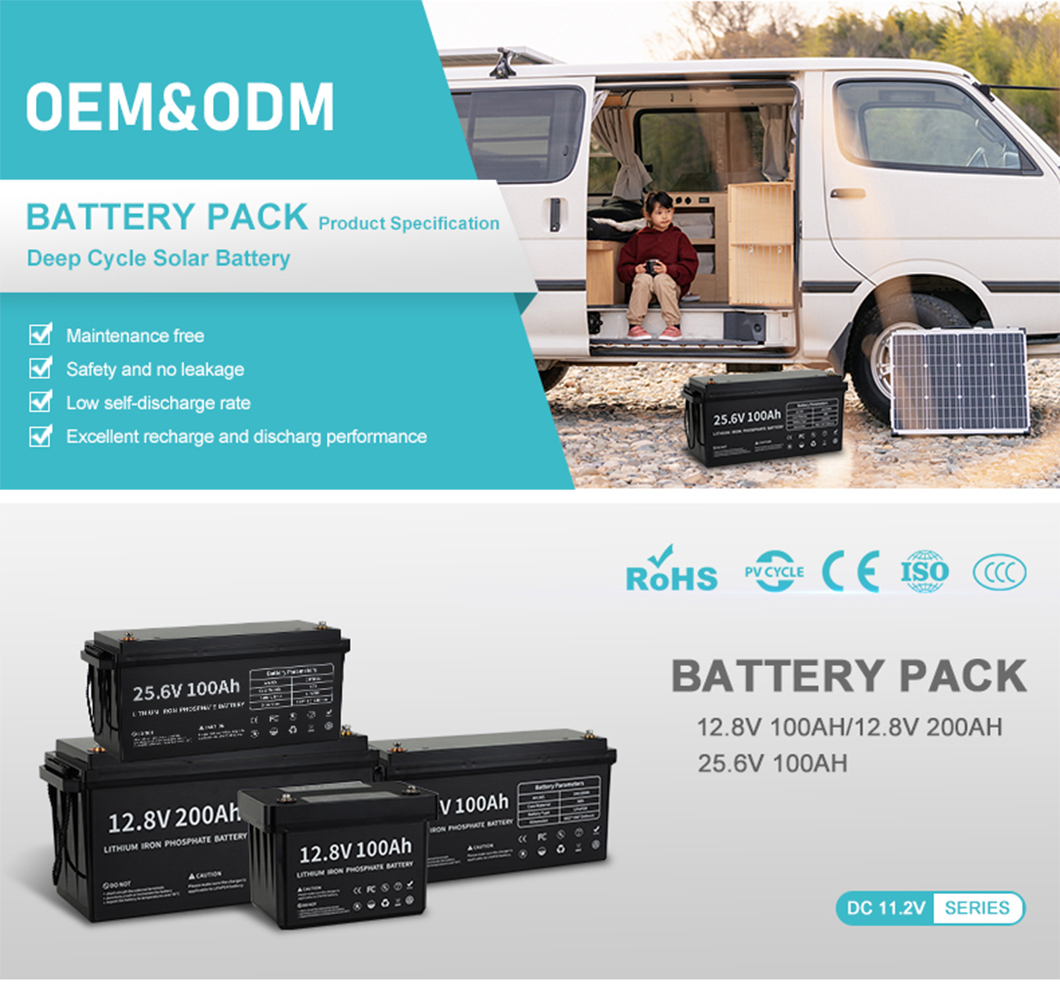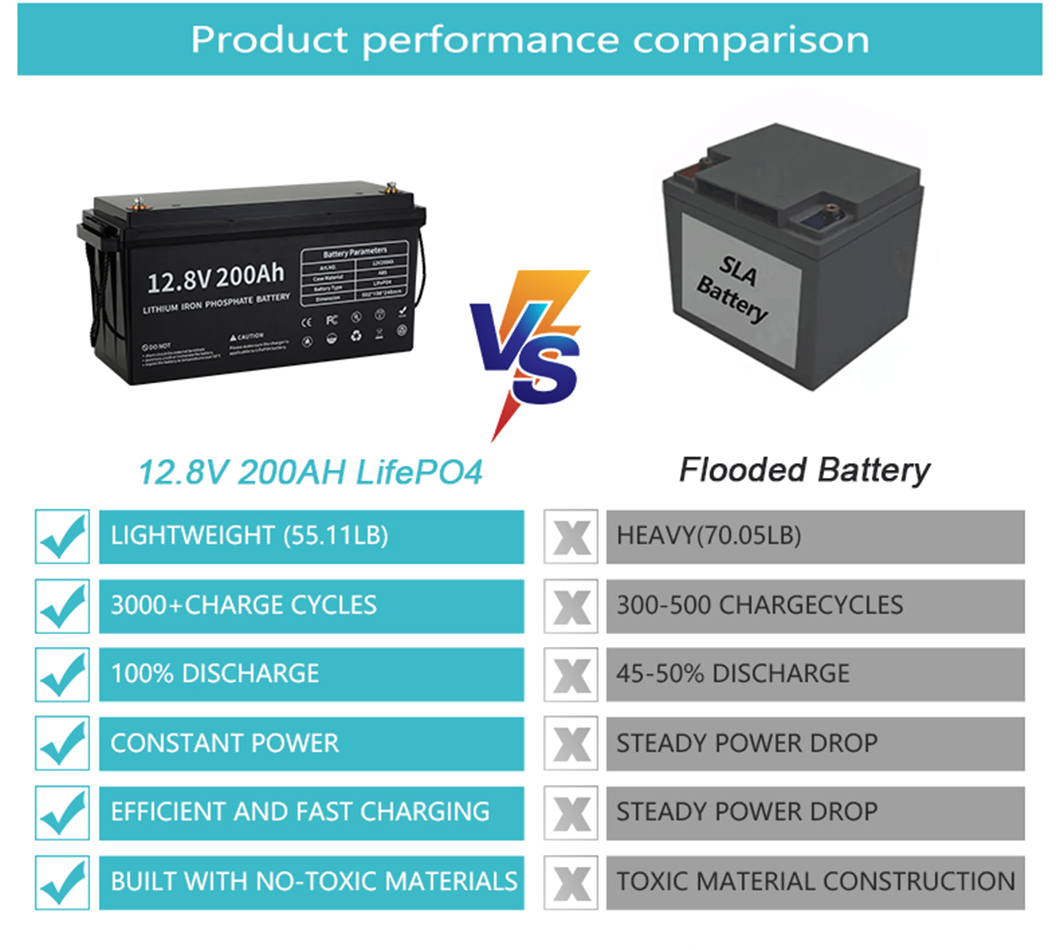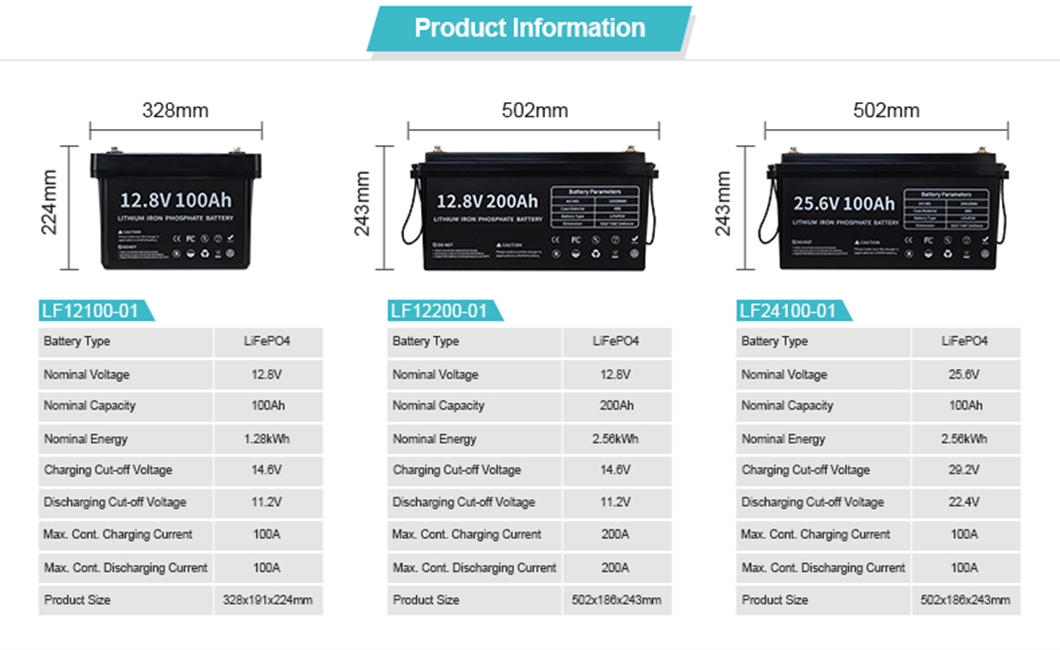Views: 7 Author: Site Editor Publish Time: 2024-06-22 Origin: Site








For those who are looking into solar panel energy storage via the use of a battery backup, there are several different battery options out there today. Two of the most common options, and which are often compared for one another, are lead-acid batteries and lithium-ion batteries, often just called lithium batteries for simplicity.
We're happy to offer a range of battery backup solutions for all of our solar panel clients, ensuring they get the most out of their solar energy. Which of these two battery formats is likely best for you? Here are some of the key features and variables you should be considering if you're comparing them.
Before we go any further, let's look at the basics of how each battery works. Lead-acid batteries store energy using a chemical reaction between lead and sulfuric acid, resulting in two different lead compounds that together form a single cell. Lithium-ion batteries, on the other hand, use lithium ions as charge carriers between cathodes and anodes inside their cells, allowing them to store and use energy.
Naturally, these differences lead to a few key differences in the way that each type of battery performs.

When it comes to their overall lifespan and how long they can be expected to last, both these battery types do very well overall. However, lithium-ion batteries tend to last for several times the number of battery "cycles" (or full discharges and charges) than lead-acid batteries do.
Generally speaking, a lithium battery will last for between 2000 and 5000 charge cycles (depending on the type of battery), while a lead-acid battery tends to hardly make it past 1000 cycles before it needs to be replaced.
Now let's look at cost. This is one area where lead-acid batteries often have the edge. They can be much more cost-effective than lithium batteries, especially for larger solar storage projects.
This is mainly due to the fact that lead-acid batteries are much simpler in their design and construction (they don't need expensive materials like lithium) and they tend to have a longer lifespan overall than their competitors.
Lithium batteries, on the other hand, usually cost more upfront due to their more expensive materials. However, for those who are considering their spending on a long-term basis, they may find that they pay off in the end. This is due to their higher number of charge cycles and more efficient charging, meaning you'll be able to use your solar energy storage system for longer with less maintenance over time.

Another area where lithium-ion batteries hold an edge is in their capacity for overall storage. They tend to be able to store more energy than a lead-acid battery of the same size, allowing you to get more out of your solar panel system.
This means that if you're comparing both options in the exact same size, the lithium battery will typically hold much more energy within the same space. This also means you can discharge more of the battery before it needs to be recharged, making them a great choice for large solar energy storage systems.
Depth of discharge is another important topic here, one that's worth considering when looking at either type of battery backup option. It refers to the percentage of the battery that can safely drain during a given session without any damage risks taking place to the battery.
Lithium-ion batteries have a far superior depth of discharge compared to lead-acid batteries, meaning you can safely drain more power from them before they need to be recharged. This makes them ideal for larger solar storage systems and those who are looking to get the most out of their battery backup solution.

The efficiency of a battery refers to what percentage of its total capacity can be used each time it is charged or discharged. Lithium-ion batteries have much higher efficiency compared to lead-acid batteries, allowing them to more efficiently store and use energy from the solar panel system.
Overall, while there are advantages and disadvantages to both types of battery storage solutions, lithium-ion batteries often provide a better all-around option for those who are looking to store and use energy from their solar panel system. They last longer, provide more storage capacity, have a higher efficiency rating, and come with a much higher depth of discharge. However, they may cost more upfront than lead-acid batteries.
Ultimately, it will depend on the specific needs of each individual situation when deciding which type of battery storage is best. But when it comes to solar panel energy storage, lithium-ion batteries are often the way to go. With their many advantages, they can help provide a long-term and reliable source of energy to power your home or business for years to come.
For more here, or to learn about any of our solar panels, battery backups or related services,Contact Us







